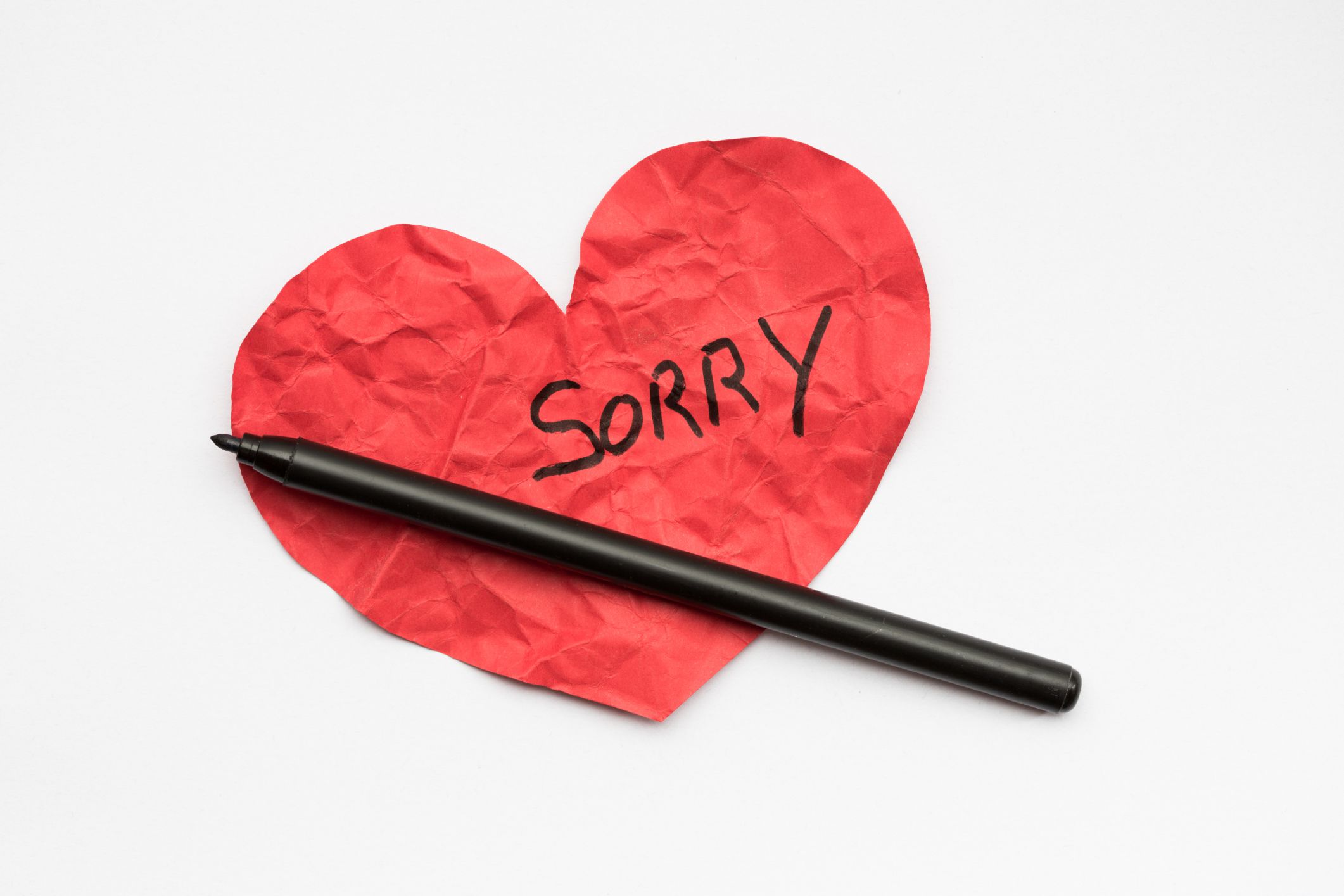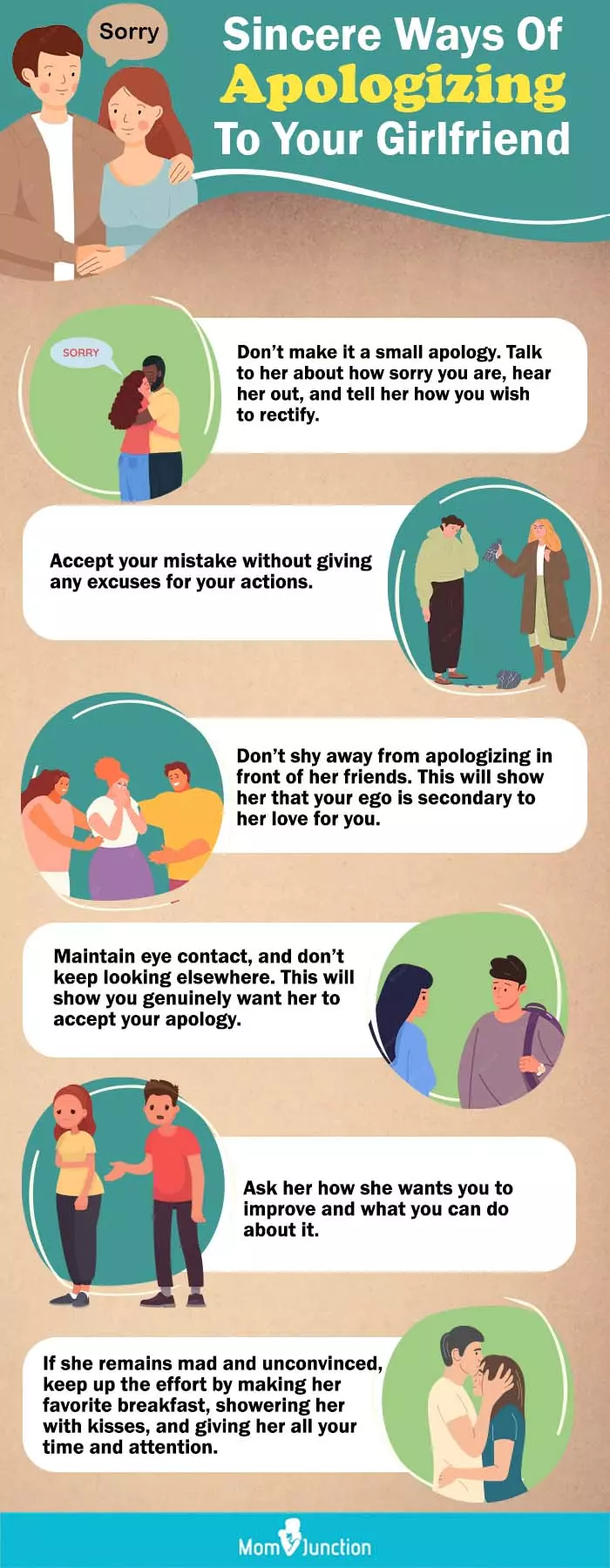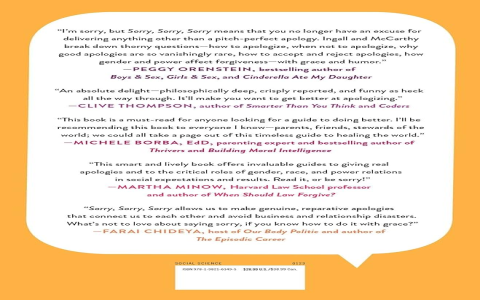So, you messed up. Big time. And now you gotta say sorry. Sounds simple, right? Wrong. Most folks butcher this, and I used to be one of ’em. I thought a quick ‘my bad’ would fix things. Spoiler: it rarely does, especially when it really matters.

I remember this one time, years ago, with my partner. I did something pretty boneheaded. Can’t even recall the specifics now, that’s how many minor screw-ups I’ve probably made over a lifetime, but this one stung them. My first attempt at an apology was a disaster. I mumbled something, probably threw in a ‘but you also…’ – classic mistake. The look on their face? Oof. Like I’d just poured salt in the wound. That night was cold, let me tell you. Sat there thinking, ‘Man, I really blew that.’ That’s when I realized I didn’t actually know how to apologize properly. Not in a way that actually healed anything. I just knew how to make excuses or try to get myself off the hook.
So I had to learn, the hard way. It wasn’t about finding fancy words or some magic phrase. It was about actually doing the work and being genuine. It took a while, a few more missteps, but I started to piece together what actually felt right and, more importantly, what seemed to actually help mend things.
My Go-To Steps Now
Here’s what I figured out through trial and error, my own little system that I try to stick to:
- Stop Talking, Start Listening: First thing I do now is shut my mouth. Seriously. Let them talk. Let them vent. Let them tell me exactly how my actions made them feel. Even if it’s hard to hear, even if my instinct is to jump in and defend myself. You gotta understand the damage from their side, not just how you think they feel or what your intentions were.
- Own It. Properly: This is crucial. No ‘I’m sorry IF I hurt you.’ Nah. That’s weak. It’s ‘I’m sorry FOR hurting you by doing X.’ Be specific. Show you get what you did wrong. No excuses. None. Not even a tiny ‘but…’. The moment you start explaining why you did it, or what else was going on, you’re not apologizing anymore, you’re justifying. Big, big difference. I learned that one really slowly.
- Actually Feel It (Or At Least Try To): You gotta mean it. If you’re just saying words to get out of the doghouse, they’ll probably know. I try to really think about how my actions impacted them. Try to genuinely feel that remorse. It shows, you know? In your voice, your eyes, your whole vibe. If you can’t feel it, maybe you’re not ready to apologize yet.
- Ask ‘What Can I Do?’: Sometimes there’s something tangible you can do to make it right. Sometimes there isn’t. But asking shows you’re willing to try. ‘What can I do to make this better?’ or ‘How can I help fix this?’ Don’t just assume you know what they need. Give them the chance to tell you.
- Change the Behavior (This is the BIG one): Words are cheap, right? If you keep doing the same stupid thing over and over, your apologies become worthless. The best apology, the one that really sinks in, is changed behavior. So, I try to figure out why I did the thing in the first place, and then actually work on not doing it again. This takes time. This is the real meat of it. It’s ongoing.
- Give Them Space: Don’t push for forgiveness right away. They might need time to process what happened and your apology. Pestering them for ‘Are we okay now?’ just makes it worse. Say your piece, genuinely, then back off and let them come to it in their own time. This one is tough for me sometimes, I want that instant resolution, but it’s not fair to them.
Look, this ain’t rocket science, but it’s amazing how many people skip these steps. They want a quick fix. A get-out-of-jail-free card. Relationships don’t work like that. Trust, once it’s dinged, needs real repair work, not just a slap of paint. I learned that after that chilly night and a few other bumps along the road. It’s like trying to fix a leaky pipe with chewing gum if you don’t do it right. The mess just gets bigger, and eventually, the whole thing bursts.
The old me? I was all about defending myself, making sure my point was heard, my intentions understood. Turns out, when you’re asking for forgiveness, your point is kinda irrelevant for a bit. It’s about their hurt, first and foremost. Getting that through my thick skull took some doing.

And here’s a tough pill to swallow: Sometimes, even if you do all this, they might not forgive you. Or not right away. Or the relationship might change. That’s their call. You can only control your actions, your sincerity. You do your best to make amends, to show you’ve learned, and then you gotta respect their decision, whatever it is. It sucks, but that’s the reality of it. You can’t force forgiveness.
So yeah, asking for forgiveness. It’s a skill. One I had to practice, mess up, and practice some more. It’s not about winning an argument or just smoothing things over so you feel better. It’s about respect, honesty, and actually caring enough to try and fix what you broke. It’s a humbling process, man, but it’s pretty darn necessary if you want to keep good people in your life and maintain healthy connections.







